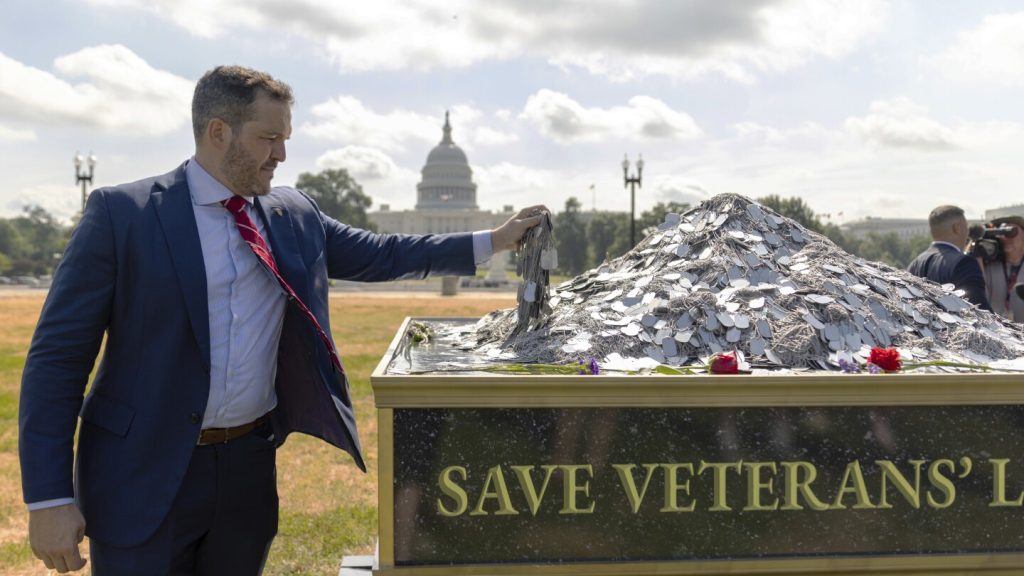The Department of Veteran Affairs is ready to start rolling out MDMA-assisted therapy for post-traumatic stress disorder as soon as regulators approve it. However, after FDA advisors voted overwhelmingly against the drug citing flawed data, questionable research conduct, and potential safety and addiction risks, the approval of MDMA has been cast into doubt. Advocates, including combat veterans who have spent years lobbying for the drug, are now facing the possibility of the FDA delaying or declining approval, sending shockwaves through the psychedelic community.
Dr. Harold Kudler of Duke University believes that the FDA experts are rightfully skeptical of the science behind MDMA, which has been overshadowed by messaging from MAPS and its leader, Rick Doblin, who has been pursuing MDMA’s approval since the 1980s. Concerns have been raised about studies conducted by MAPS and allegations of researchers suppressing negative data or coaching patients to inflate positive results. The FDA is investigating these claims and is expected to make a decision on MDMA’s approval by mid-August.
Army veteran Casey Tylek credits MDMA-assisted therapy with resolving his anger, anxiety, and trauma stemming from a rocket attack in Iraq. While researchers like Kudler call for larger studies that are independent of the psychedelic community to confirm the results, veterans who support the treatment argue that patients suffering from PTSD need effective treatments urgently. The suicide rate among veterans is significantly higher than the general population, with 18 veteran suicides per day in 2021. Jon Lubecky, who struggled with PTSD, credits MDMA therapy with curing his condition and has become a vocal advocate for psychedelic therapy.
One of the challenges faced by veterans seeking psychedelic therapy is accessibility, as many have to travel abroad to countries like Mexico and Peru where it is more available. Heroic Hearts Project, a nonprofit group, has a waiting list of over 1,000 veterans seeking support for such therapy. Founder Jesse Gould, a former Army Ranger, credits MAPS for kickstarting research that could benefit veterans and believes that the FDA may ask for additional studies before approving MDMA. Despite setbacks, experts believe that future studies of psychedelics should be conducted in ways that ensure effectiveness and safety for patients.
While the future of MDMA-assisted therapy for PTSD remains uncertain, the psychedelic movement continues to gain momentum with other drugmakers studying psilocybin, LSD, and other psychedelics for various mental health conditions. Dr. John Krystal of Yale University hopes that setbacks like the one faced by Lykos Therapeutics will lead to better-designed studies in the future. The psychedelic community, including veterans and advocates, remain hopeful that these drugs will eventually provide effective treatment options for those struggling with mental health issues.


